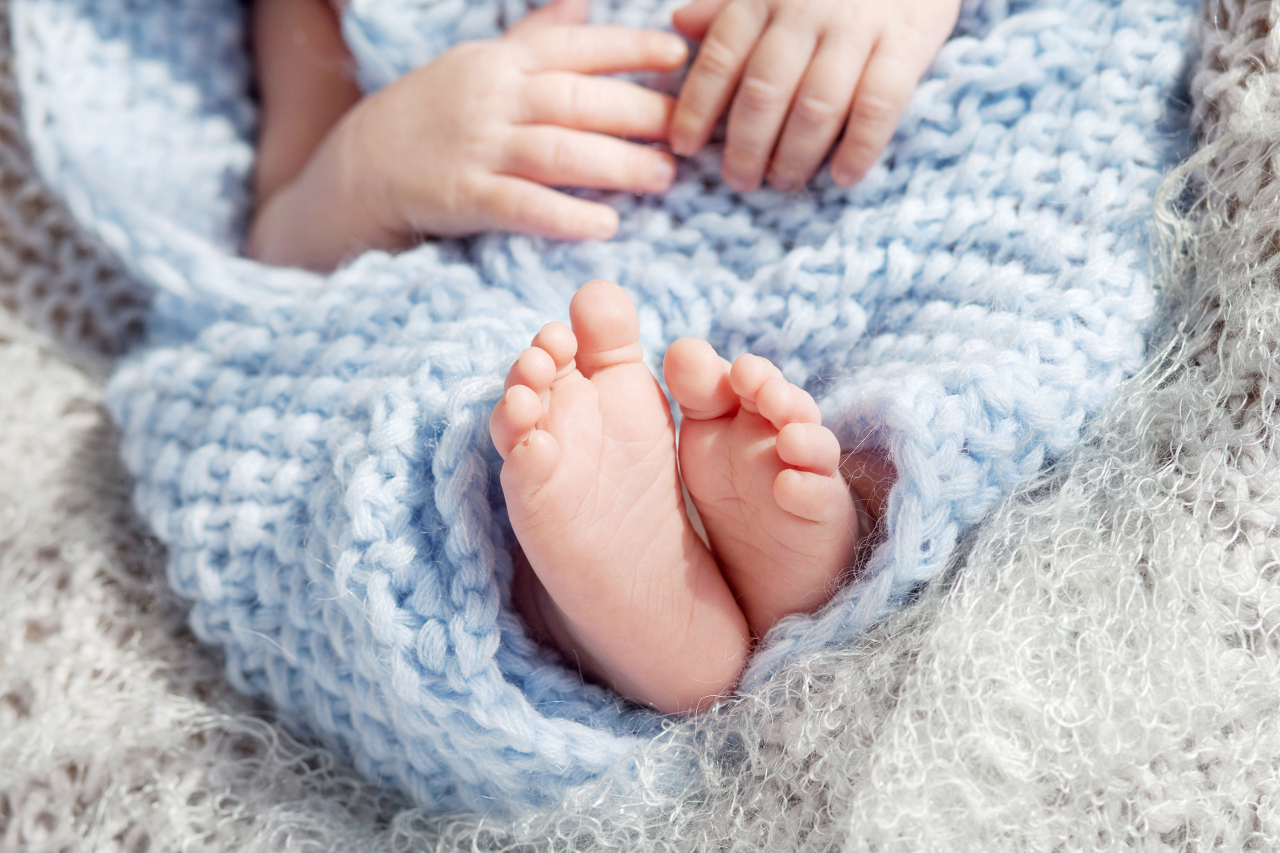Every baby in 2024 comes with W29.6m cash support
By Choi Jeong-yoonPublished : Jan. 22, 2024 - 16:56

With the South Korean government's drive to combat the low birth rate, financial incentives for childbearing and rearing have expanded this year.
For a baby born in 2024, a single child can benefit from a total of 29.6 million won ($22,100) in cash support over the course of eight years from the moment of birth, according to the Presidential Committee on Aging Society and Population Policy.
The cash aid, dubbed "First Encounter Vouchers," provides a lump sum of 2 million won to the parents when a baby is born. With the expanded policy, the second child receives 3 million won, up 1 million won from last year. The cash voucher can be spent on postnatal care centers, medical fees, food and children's products.
Parents also receive a monthly check after the baby is born. In the year of the childbirth, the parents receive 1 million won every month for 12 months. In the second year of a baby's life, parents receive 500,000 won per month for 12 months, amounting to 18 million won in the first two years of the child's life. This is up from the previous figures of 700,000 won a month of aid for the first year and 350,000 won a month in the second year.
The government also pays 100,000 won every month for eight years from the moment a baby is born, amounting to 9.6 million won in total.
There are additional child-rearing expenses covered by the government for attending kindergarten or child nursing centers, however, this varies by the income or composition of a family. In sum, every child born in Korea in the year of 2024 is to see 29.6 million won in benefits, regardless of conditions.
Starting this year, increased parental benefits must be applied for within 60 days of the child's birth to receive the full amount, retroactive to the month of birth.
Experts and families raising children agree that cash support has had some positive impact on the birth rate, but that the policy needs to be better publicized and the application process needs to be simplified.
"We need to increase the accessibility of policy information by utilizing various publicity methods such as the internet, social media and banners," said Lee Chul-hee, a professor at Seoul National University's School of Economics, suggesting that a platform should be built to gather related support measures in one place so that people can learn about the policy and apply immediately.
A December report by Statistics Korea projected that the country's total fertility rate -- the number of children a woman is expected to have in her lifetime -- will be 0.68 in 2024 and 0.65 in 2025. South Korea already recorded the lowest figure in the world with 0.78 in 2022, which tumbled further to 0.72 this year.



















![[Today’s K-pop] Treasure to publish magazine for debut anniversary](http://res.heraldm.com/phpwas/restmb_idxmake.php?idx=642&simg=/content/image/2024/07/26/20240726050551_0.jpg&u=)